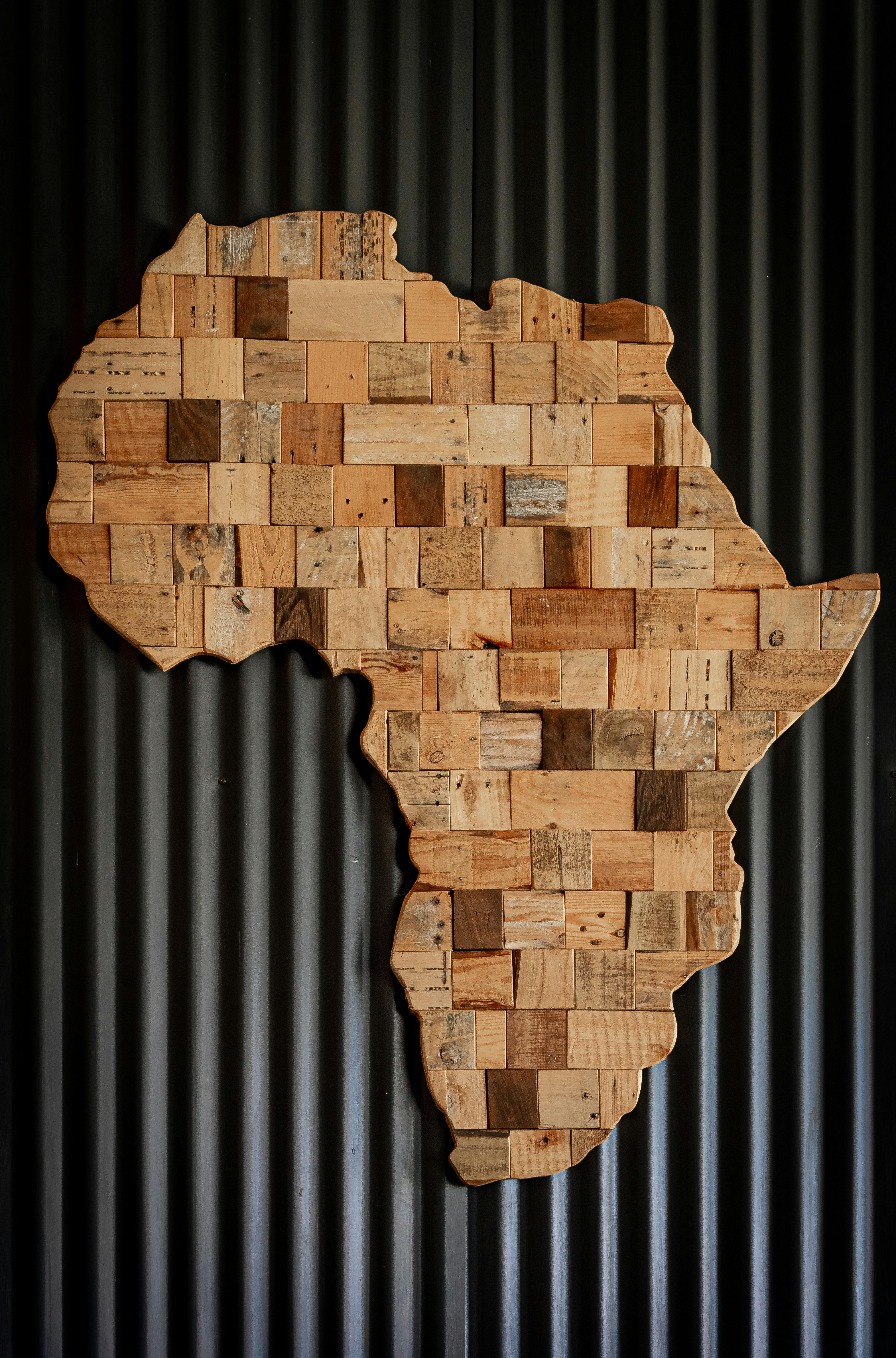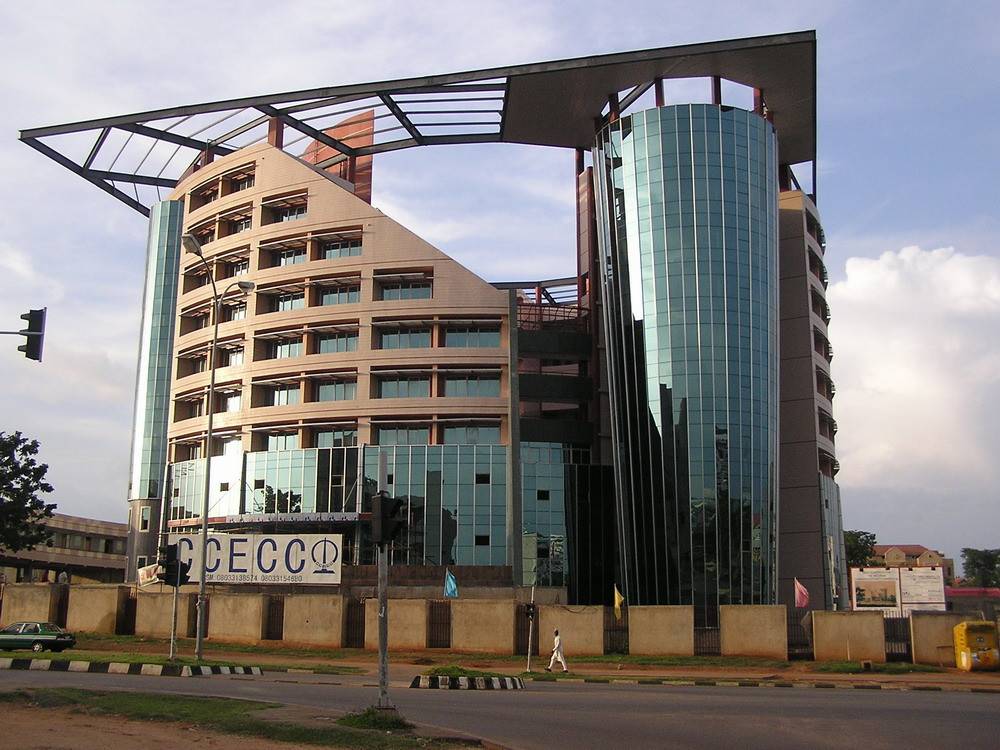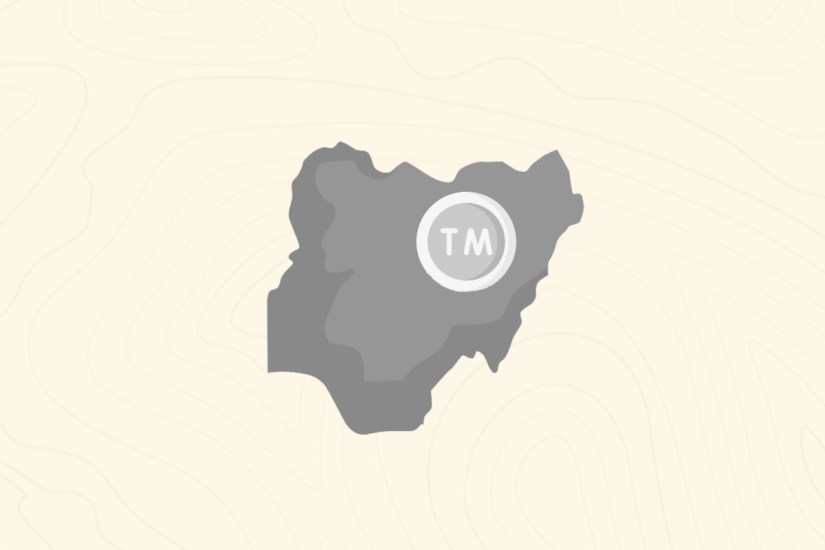When considering the top countries to do business in Africa, various factors come into play, including the GDP, legal implications, business-friendly environments, and potential bottlenecks. Here’s a list of 7 countries known for their business opportunities in Africa, along with some insights into their legal implications and potential bottlenecks:
1. South Africa
GDP – $1038.53B
South Africa has the most developed economy on the continent and offers a diverse range of business opportunities. It has well-established infrastructure, a skilled workforce, and a robust financial sector. However, high crime rates, labor disputes, and regulatory complexities are factors to consider.
Legal Implications: South Africa has a well-established legal system, offering strong legal protection for businesses. However, compliance with labor laws and affirmative action policies can pose challenges.
Bottlenecks: High levels of bureaucracy, crime rates, and economic inequality can be potential bottlenecks.
2. Kenya
GDP – $364.88B
Kenya is a regional hub for East Africa and has a growing entrepreneurial ecosystem. It offers opportunities in sectors such as technology, agriculture, and manufacturing. While Kenya has made strides in improving its business environment, challenges such as corruption, inadequate infrastructure, and complex bureaucracy persist.
Legal Implications: Kenya has made efforts to improve its business environment, including enacting business-friendly laws and regulations. However, corruption and a slow judiciary system can present challenges.
Bottlenecks: Bureaucracy, inconsistent enforcement of regulations, and limited access to financing are potential bottlenecks.
3. Nigeria
GDP – $1439.63B
Nigeria is the largest economy in Africa, driven by industries like oil and gas, agriculture, and telecommunications. It presents abundant business opportunities, but the country also faces challenges such as corruption, poor infrastructure, and complex regulations.
Legal Implications: Nigeria has taken steps to improve its business climate, but challenges remain, such as complex regulations, regulatory uncertainty and corruption risks.
Bottlenecks: Inadequate infrastructure, security concerns, and difficulties in accessing finance can be bottlenecks for businesses.
4. Ghana
GDP – $238.6B
Ghana is known for its political stability and strong democratic institutions. The country offers opportunities in sectors such as mining, agriculture, and services. However, business registration processes can be time-consuming, and issues like bureaucracy may pose challenges.
Legal Implications: Ghana has made progress in creating a business-friendly environment, including simplifying procedures and reducing bureaucracy. However, challenges related to high capital requirements for foreigners, property rights and contract enforcement persist.
Bottlenecks: Inconsistent power supply, limited access to finance, and a relatively small market size can be potential bottlenecks.
5. Rwanda
GDP – $46.33B
Rwanda has gained recognition for its business-friendly environment and ease of doing business. The country has made significant progress in areas like anti-corruption efforts and infrastructure development. However, limited market size and landlocked geography can be bottlenecks.
Legal Implications: Rwanda has made significant progress in improving its business environment, with streamlined procedures and efficient government services. The legal system is generally considered more reliable than in some other African countries.
Bottlenecks: Limited market size, land constraints, and the country’s landlocked location can be potential bottlenecks.
6. Côte d’Ivoire
GDP – $220.92B
Côte d’Ivoire is one of the fastest-growing economies in Africa, with opportunities in sectors such as agriculture, energy, and construction. The country has made efforts to improve the business environment, but challenges like corruption and political instability remain.
Legal Implications: Compliance with Ivorian labor laws, tax regulations, company registration requirements, and intellectual property rights.
Bottlenecks: Limited infrastructure outside major cities, political instability risks.
7. Egypt
GDP – $1917.08B
Egypt is the most populous country in Africa and boasts a diverse economy. It has a relatively stable business environment and offers opportunities in sectors such as tourism, manufacturing, and energy. However, navigating the legal landscape can be complex, and factors like bureaucracy and corruption can pose challenges. To learn more about doing business in Egypt, you can visit the Egypt Investment Portal
Legal Implications: Compliance with Egyptian labor laws, regulations on foreign investment, and intellectual property protection. .
Bottlenecks: Complex bureaucracy, corruption, and slow decision-making processes
It’s important to note that the business landscape in each country can change over time due to various factors. Conducting thorough research and seeking expert advice before entering a specific market is crucial to understanding the current legal implications and potential bottlenecks. You’re in luck, because at Norebase, we not only understand the landscapes in these countries, we are able to advise you on the best ones for your business.
You can get started here



